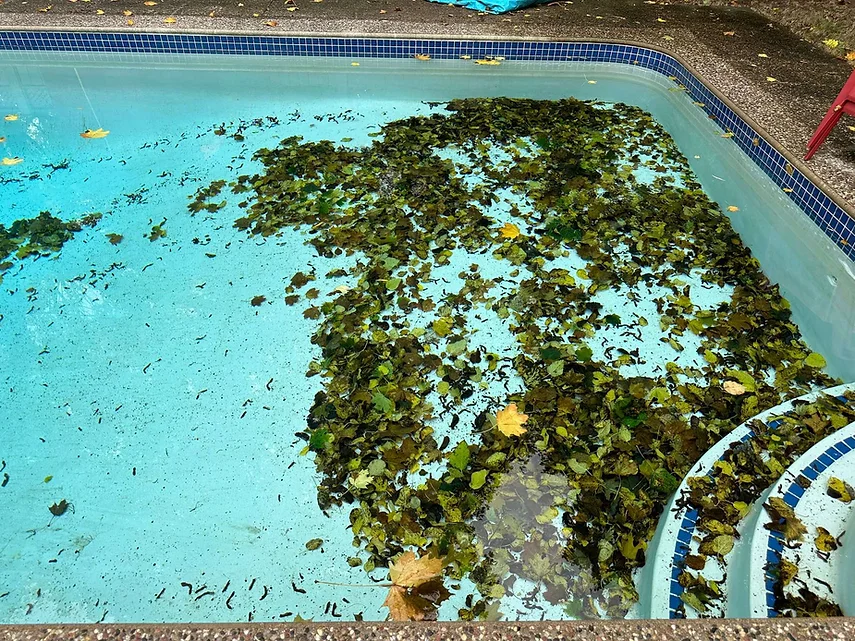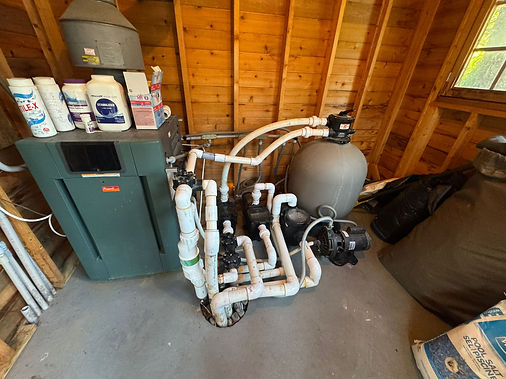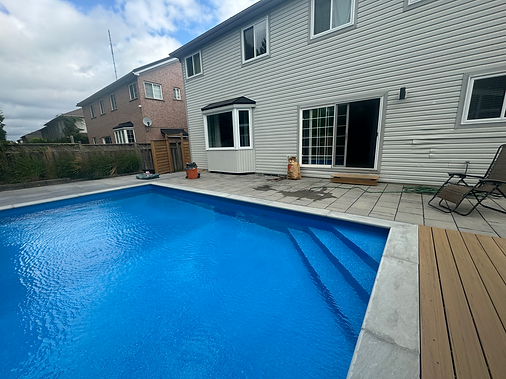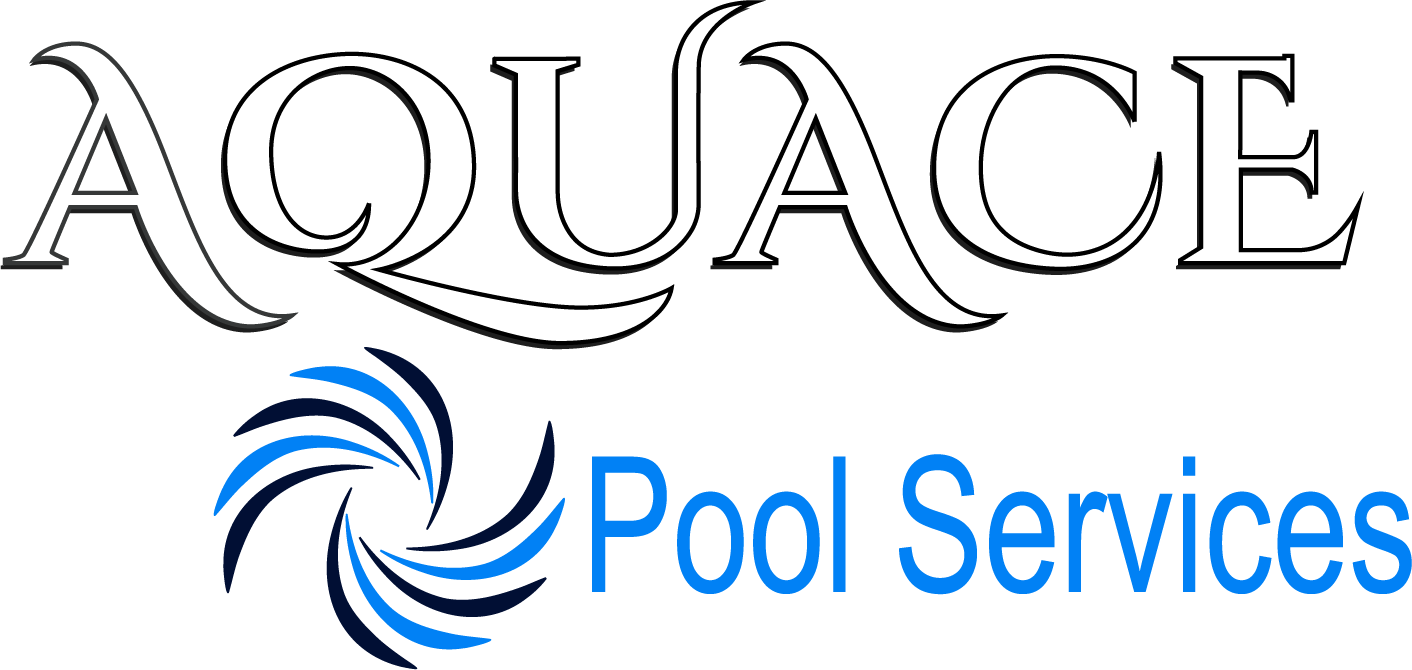EXPERT POOL SERVICES IN ONTARIO

Why Choose Us?
At Aquace Pool Services, we offer expert swimming pool cleaning, maintenance, and seasonal opening/closing. With years of experience and eco-friendly solutions, we ensure your pool stays pristine year-round. Our skilled team uses the latest equipment to provide reliable, affordable care for your pool’s safety and enjoyment
EXPERT POOL SERVICES IN ONTARIO
Pool Cleaning
Keep your pool crystal clear and safe with thorough professional cleaning.
Pool Leakage Repair
Accurate leak detection and durable repairs to protect your pool and property.
Pool Maintenance
Full-service pool care to ensure year-round performance and water quality.
Pool Accessories Installation
Install heaters, lights, jets, and more — professionally fitted and tested.
Hot Tub Install & Repair
From setup to full repairs, we handle every aspect of your hot tub's care.
Septic Tank Installation
Safe, reliable septic systems installed with precision and code compliance.
Photo Gallery
View Our Gallery






Frequently Asked Questions
Skimming & Vacuuming: Removes debris from the surface and floor of the pool.
Water Chemistry Adjustment: Tests and balances pH, chlorine, and other levels.
Brushing & Filter Cleaning: Brushes walls, tiles, and cleans the filter for better circulation.
Equipment Inspection: Checks the pool pump, heater, and other systems.
General Maintenance: Empties baskets and tidies up the pool area.
Regular cleaning ensures a clean, safe pool and helps maintain your equipment and water quality.
Test pH, Chlorine, Alkalinity, and Calcium: Use a test kit to check key chemical levels (pH 7.4-7.6, chlorine 1.0-3.0 ppm, alkalinity 80-120 ppm, calcium hardness 200-400 ppm).
Check Water Clarity: Clear water means balanced chemicals; cloudy or green water signals imbalance.
Look for Skin & Eye Irritation: Red eyes or itchy skin after swimming may indicate improper chemical balance.
Examine Pool Equipment: Scale buildup or corrosion could mean unbalanced calcium hardness or pH levels.
Use Test Strips or Kits: Regularly test pool water with strips or liquid kits for accurate readings.
Regular testing and adjustments are key to keeping your pool water safe and clear
Pool closing typically involves:
Lowering the water level below the skimmer to prevent freezing.
Cleaning the pool thoroughly and removing any debris.
Balancing the water chemistry to protect the pool surface and equipment.
Winterizing the pool equipment (pumps, filters, heaters).
Covering the pool with a solid or mesh cover to keep debris out and to reduce maintenance in spring.
You may need repairs if you notice:
Cracks or leaks in the pool shell or tiles.
Low water levels that are hard to maintain.
Malfunctioning equipment (pump, filter, heater, etc.).
Unusual water quality that won’t improve with chemical adjustments.
Puddles or wet spots around the pool area, indicating possible leaks. If you notice any of these signs, it's important to call a professional for an inspection.
Common pool liner options include:
Vinyl liners: Most common, cost-effective, and customizable in design. Available in various patterns and colors.
Fiberglass liners: Durable and low-maintenance but more expensive. Often used for fiberglass pools.
Tile or concrete surfaces: Can be used for custom, high-end pools, offering more aesthetic flexibility but requiring more maintenance.
Durability: Vinyl liners typically last 7-12 years, while fiberglass can last longer but may be pricier.
After closing your pool for winter, regular maintenance should include:
Checking the pool cover to ensure it stays secure and undamaged.
Inspecting pool equipment periodically to ensure there’s no freezing or damage.
Cleaning debris from the cover or surrounding area.
Opening the pool early in the spring and checking for any issues that may need attention.
